Foods High in Omega 3 for Vegetarians and Vegans
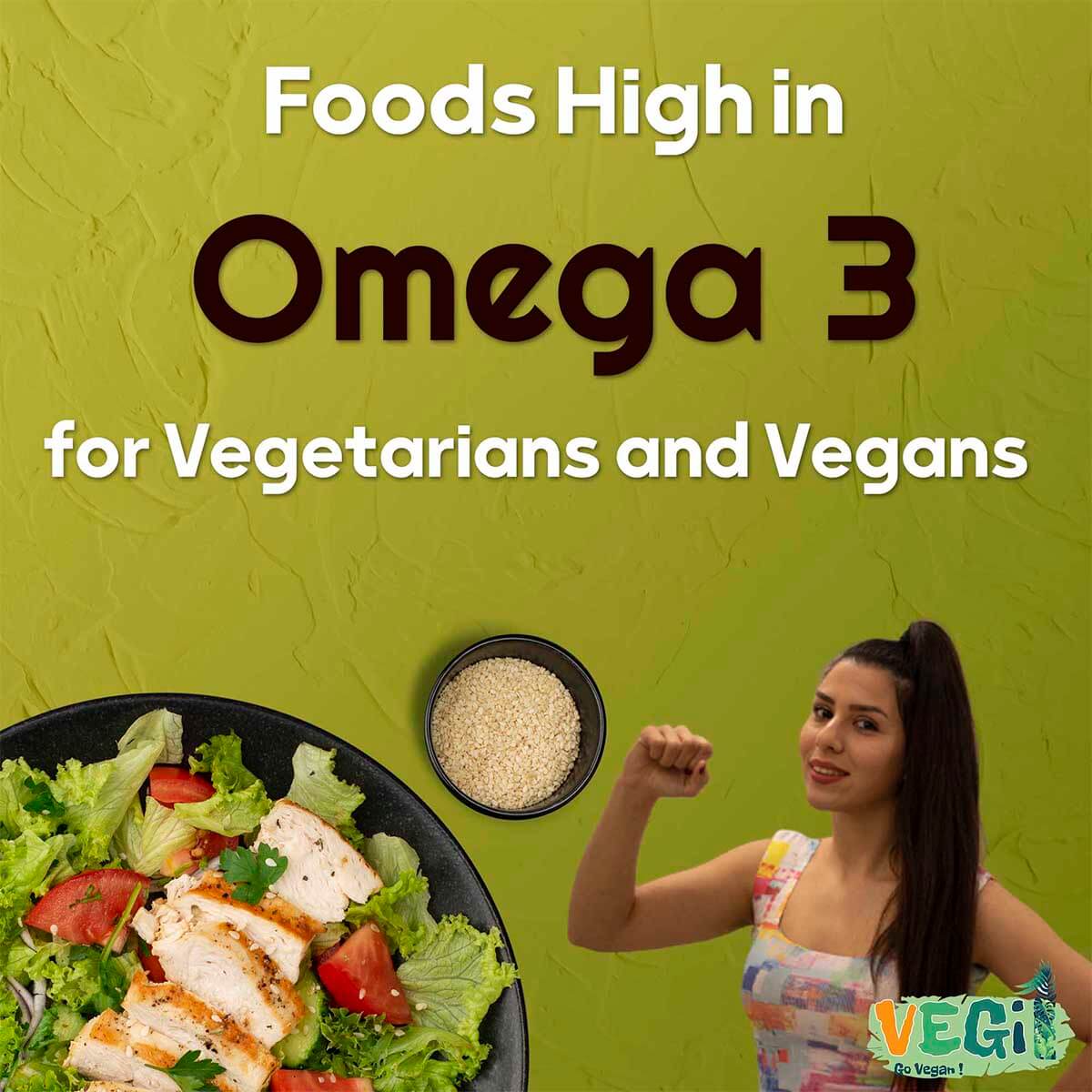
Most people think that the best sources of omega-3 are seafood and fish, and plant sources have the lowest amount of omega-3 and fatty acids!
They think that because vegans and vegetarians do not eat fish and seafood, they are facing a lack of omega-3 in their bodies.
In this article, I will give you complete information about plant-based omega-3 and vegans and omega-3
But before that, read the article” Do vegans eat fish? ” to understand why vegans don’t eat fish
The term “omega-3 fatty acids” is thrown around a lot. If you’ve ever seen the label on an orange or read about the benefits of consuming more of this particular nutrient, it’s not hard to see why. Omega-3 fatty acids have been linked to improved vision, heart health, and even brain function. But what does that mean for you? How can you get more omega-3s in your diet? Read on to learn about your options and the best sources to get them from.
In this article you will read:
Omega 3 for Vegetarians and Vegans
Vegans and vegetarians may not get much animal-derived omega-3 fatty acid (ALA) from their diets, but that doesn’t mean they are getting none. Even though ALA is non-essential and can be formed by plants to a certain degree, most of us don’t have access to adequate amounts of it in our daily diets.
That is why you should add omega-3 rich foods to your diet even if you aren’t eating any animal products or taking any supplements. You can get omega 3 from plant sources such as walnuts, chia seeds, flax seed oil, hemp seed oil, kale and spinach which are all packed with this essential fatty acid.
Thanks to the over – consumption of processed foods and omega – 6 fatty acids , many people are deficient in this important nutrient . Thankfully , it’s easy to get enough . Vegetarians and vegans need to make sure they’re eating foods that have plenty of omega – 3 fatty acids , as well as a source of vitamin D. Here are the best foods for vegetarian vegans to get their omega 3
Why Is Omega 3 Important ?
Omega 3 fatty acids are essential nutrients that play a vital role in maintaining healthy brain function. They are found in foods such as fish, nuts, and avocados, and are required by the body to function properly. Omega-3s help keep your blood vessels healthy, reduce inflammation in the body, improve cognitive function, and promote visual development in children.
There is a growing body of research showing that people who regularly consume omega-3s have a reduced risk for developing Alzheimer’s disease. In addition, there is strong evidence to suggest that taking omega-3s can help prevent depression and may even improve symptoms of dementia.
Omega-3s have also been shown to benefit learning and memory in older adults through their effects on the brain’s neurons. If you’re concerned about your memory or want to ensure optimal health for yourself and your loved ones, it’s definitely worth incorporating more omega-3 rich foods into your regular diet.
What are the types of omega 3?
An essential fatty acid is an unsaturated fat that plays an important role in your body.
There are two types of essential fatty acids: omega-3 and omega-6. Omega-3 and omega-6 fatty acids each play a different role in your body. They do this by helping to regulate the production of hormones, such as inflammation, which can lead to a wide range of health problems. There are many different ways to increase the amount of omega 3s in your diet. Fish is a great source because it’s low in saturated fat and high in omega 3s. Other foods that are good sources include flaxseed, chia seeds, walnuts and olive oil.
It is important to eat omega 3s on a regular basis because they can help reduce inflammation and fight off free radicals that can damage cells in the body.
The Importance of Omega 3 Fatty Acids
Omega 3 fatty acids are critical.
There are three omega-3 fatty acids varieties, Omega-3s have several health benefits, including reducing the risk of heart disease, cancer and strokes, helping you maintain a healthy weight, promoting brain health, and may help you avoid Alzheimers.
Your body needs these fatty acids for a variety of reasons as well as for a lot of fitness benefits.
Omega-3 fatty acids are credited with lowering the risk of cardiovascular diseases, fighting depression and anxiety, improving vision and eye health, and lowering the risk of metabolic syndromes and inflammation. In addition, they might assist in brain development in infants.
What are the benefits of consuming omega-3 fatty acids?
Omega-3 fatty acids have received a lot of attention in recent years as a possible way to reduce diseases and improve health, but they’ve been researched in the West for only a few decades. Omega-3s are essential nutrients that our bodies cannot make but must obtain from dietary sources. They’ve long been considered a heart healthy nutrient, but recent research has also linked them to improved brain function, skin health, and even fertility. We still don’t fully understand what makes these nutrients so valuable, but we know that they’re abundant in both nuts and beans .
What foods contain omega-3s?
They found in walnuts, flax seeds, canola oil, dark green vegetables, and soybeans. Nuts and seeds that are high in omega-3s are the only plant foods that are high in both fats and protein, which can help you get more nutrients from each bite.
The Benefits of Omega-3 Essential Fatty Acids for Vegetarians and Vegans
Omega-3 essential fatty acids (EFAs) are essential nutrients that the body needs to stay healthy. Unlike omega-6 unsaturated fatty acids, which are considered essential because they can’t be synthesized by the body, EFAs are derived from plants and animals. Most EFAs come from fish and fish oil, while others are found in walnuts, flaxseed or canola oil.
They play a key role in many physiological functions, including cell growth and development, metabolism and immune function. EFAs may also help reduce inflammation, lower blood pressure and cholesterol levels, and prevent heart disease. Omega-3s have also been linked to cognitive function, mood stability and a reduced risk of depression.
However, not all plant oils are created equal when it comes to omega-3 content. Some plant oils (such as canola oil) have very high amounts of omega-6 fatty acids, which can potentially lead to inflammation. Others (like flaxseed oil) have low amounts of omega-6s and more healthy omega-3s. So it’s important to choose quality over quantity when it comes to adding EFAs into your diet. And if you’re vegetarian or vegan, be sure to include plenty of sources of EFAs in your daily diet!
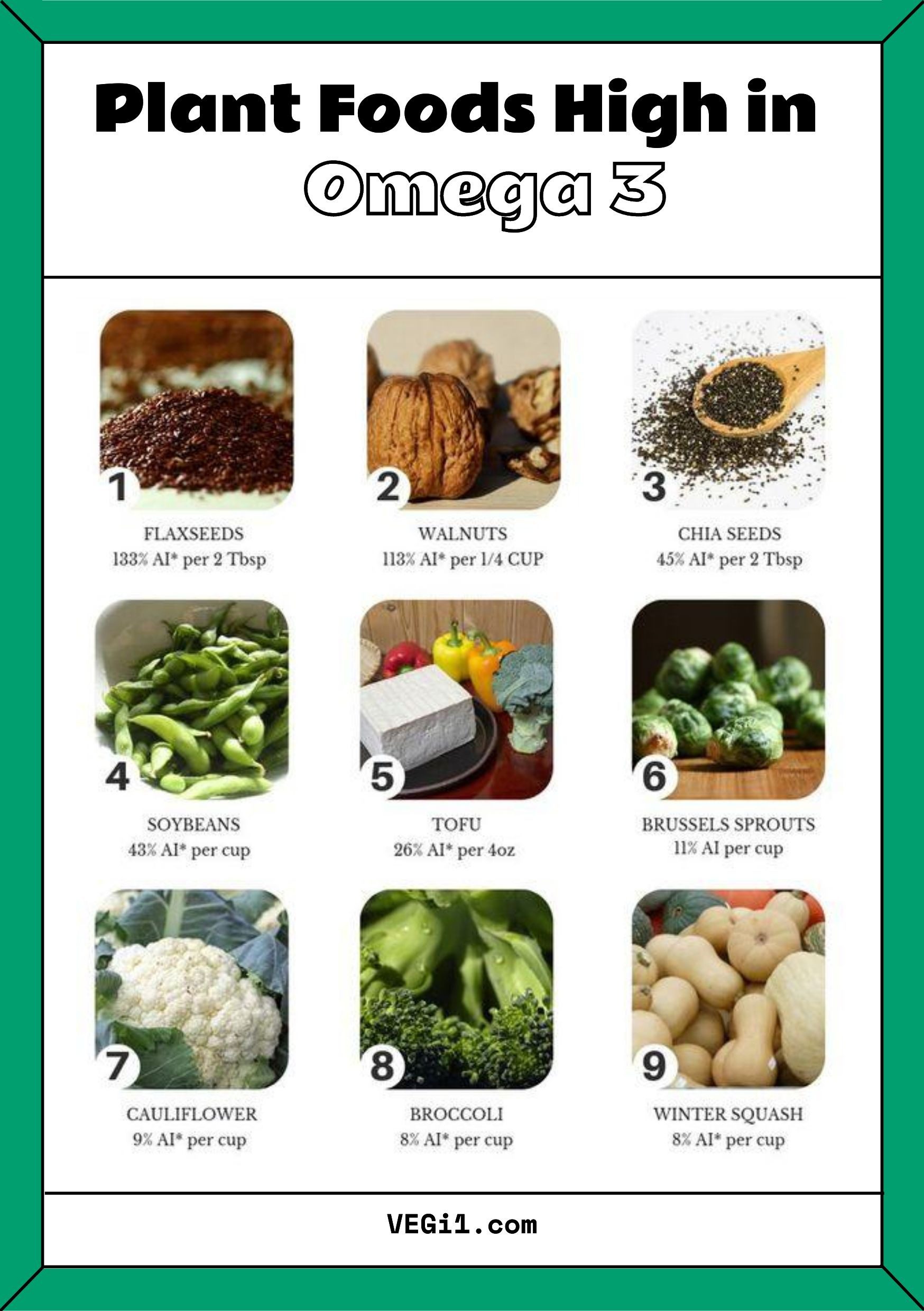
10 plant-based sources of vegan omega-3 fatty acids
The top 10 foods highest in omega 3 fatty acids are listed below. It’s important to note that the foods listed here are not ranked.
The list below ranks the highest dietary sources of omega-3 fatty acids. For more information on omega-3s and omega-6s, see the list of over 200 foods high in omega-3s and the list of foods with a high omega-3 to omega-6 ratio.
Omega-3 fatty acids are polyunsaturated fats with health benefits including lowering the risk of heart disease (1), reducing the risk and severity of dementia (2), and soothing inflammation in arthritis sufferers (3). It is impossible for the body to make them, so they must be consumed.
Omega-3s are made up of three major groups of fatty acids: omega-3s (docosahexaenoylethanol), alpha-linolenic acids, and linoleic acids (AA, A, and LA, respectively).
Flaxseeds, chia seeds, cod, flounder, halibut, mackerel, olive oil, oysters, salmon, sardines, spirulina, tofu, walnuts, and other high omega-3 food sources (6). The adequate intake (AI) for omega-3 fats is 1600 mg per day (5,6).
The given list provides information on the highest omega 3 foods. In addition to that, you can find the complete list of all omega 3-rich foods.
29 Vegetables Highest in Omega 3s
Most of the articles on the internet tell you that the strong sources of Omega 3s are animal meat and fish, but in the table below I am going to introduce plant and vegetable sources rich in Omega 3s.
A vegan diet planned with the miracle of plants will provide all the necessary minerals for your body, and you will never need to eat animal meat.
Note: This list is sorted based on the highest amount of Omega 3s
Ranked by a 100 gram Serving Size
| Row | Vegetables rich in Omega 3s | Omega 3smg/kg) |
| 1 | Dried Spirulina Seaweed | 823mg |
| 2 | Red Bell Peppers (Cooked) | 775mg |
| 3 | Sauteed Green Bell Peppers | 770mg |
| 4 | Radish Sprouts | 722mg |
| 5 | Stirfried Soybean Sprouts | 472mg |
| 6 | Soybean Sprouts | 445mg |
| 7 | Kale | 378mg |
| 8 | Chinese Broccoli | 271mg |
| 9 | Wakame | 186mg |
| 10 | Alfalfa Sprouts | 175mg |
| 11 | Brussels Sprouts | 173mg |
| 12 | Arugula | 170mg |
| 13 | Kidney Bean Sprouts | 169mg |
| 14 | Cooked Cauliflower | 167mg |
| 15 | Dried Ancho Peppers | 164mg |
| 16 | Cooked Hubbard Squash | 162mg |
| 17 | Spaghetti Squash | 149mg |
| 18 | Spinach | 138mg |
| 19 | Cabbage Kimchi | 137mg |
| 20 | Tahitian Taro | 121mg |
| 21 | Broccoli | 119mg |
| 22 | Romaine Lettuce | 113mg |
| 23 | Green Cauliflower | 104mg |
| 24 | Leeks | 99mg |
| 25 | Brussels Sprouts (Raw) | 99mg |
| 26 | Cooked Zucchini | 94mg |
| 27 | Cooked Collards | 93mg |
| 28 | Cooked Winter Squash | 92mg |
| 29 | Cooked Yellow Snap Beans | 89mg |
source : myfooddata
15 Fruits Highest in Omega 3s
| Row | Fruits rich in Omega 3s | Omega 3smg/kg) |
| 1 | Fried Yellow Plantains | 224mg |
| 2 | Dried Litchis | 178mg |
| 3 | Blueberries | 163mg |
| 4 | Dried Sweetened Mango | 161mg |
| 5 | Cherimoya | 159mg |
| 6 | Raspberries | 126mg |
| 7 | Bananas | 126mg |
| 8 | Blueberries | 112mg |
| 9 | Guavas | 112mg |
| 10 | Avocados | 111mg |
| 11 | Blackberries | 94mg |
| 12 | Green Olives | 92mg |
| 13 | Elderberries | 85mg |
| 14 | Jackfruit | 79mg |
| 15 | European Black Currants | 72mg |
source : myfooddata
21 Nuts Highest in Omega 3s
| Row | Nuts rich in Omega 3s | Omega 3smg/kg) |
| 1 | Flax Seeds | 22813mg |
| 2 | Chia Seeds | 17830mg |
| 3 | Hemp Seeds | 9301mg |
| 4 | Nuts Walnuts English | 9080mg |
| 5 | Nuts Butternuts Dried | 8718mg |
| 6 | Black Walnuts | 2677mg |
| 7 | Nuts Beechnuts Dried | 1700mg |
| 8 | Dried Hickorynuts | 1047mg |
| 9 | Pecans | 986mg |
| 10 | Dried Pine Nuts | 787mg |
| 11 | Sesame Butter (Tahini) | 407mg |
| 12 | Sesame Seeds (Toasted) | 363mg |
| 13 | Raw Sesame Butter (Tahini) | 363mg |
| 14 | Pistachio Nuts | 289mg |
| 15 | Breadfruit Nuts (Seeds) | 283mg |
| 16 | Dry Roasted Pistachio Nuts | 212mg |
| 17 | Macadamia Nuts | 206mg |
| 18 | Almond Paste | 199mg |
| 19 | Cashew Butter | 171mg |
| 20 | Dried Pumpkin And Squash Seeds | 120mg |
| 21 | Roasted Squash And Pumpkin Seeds | 111mg |
source : myfooddata
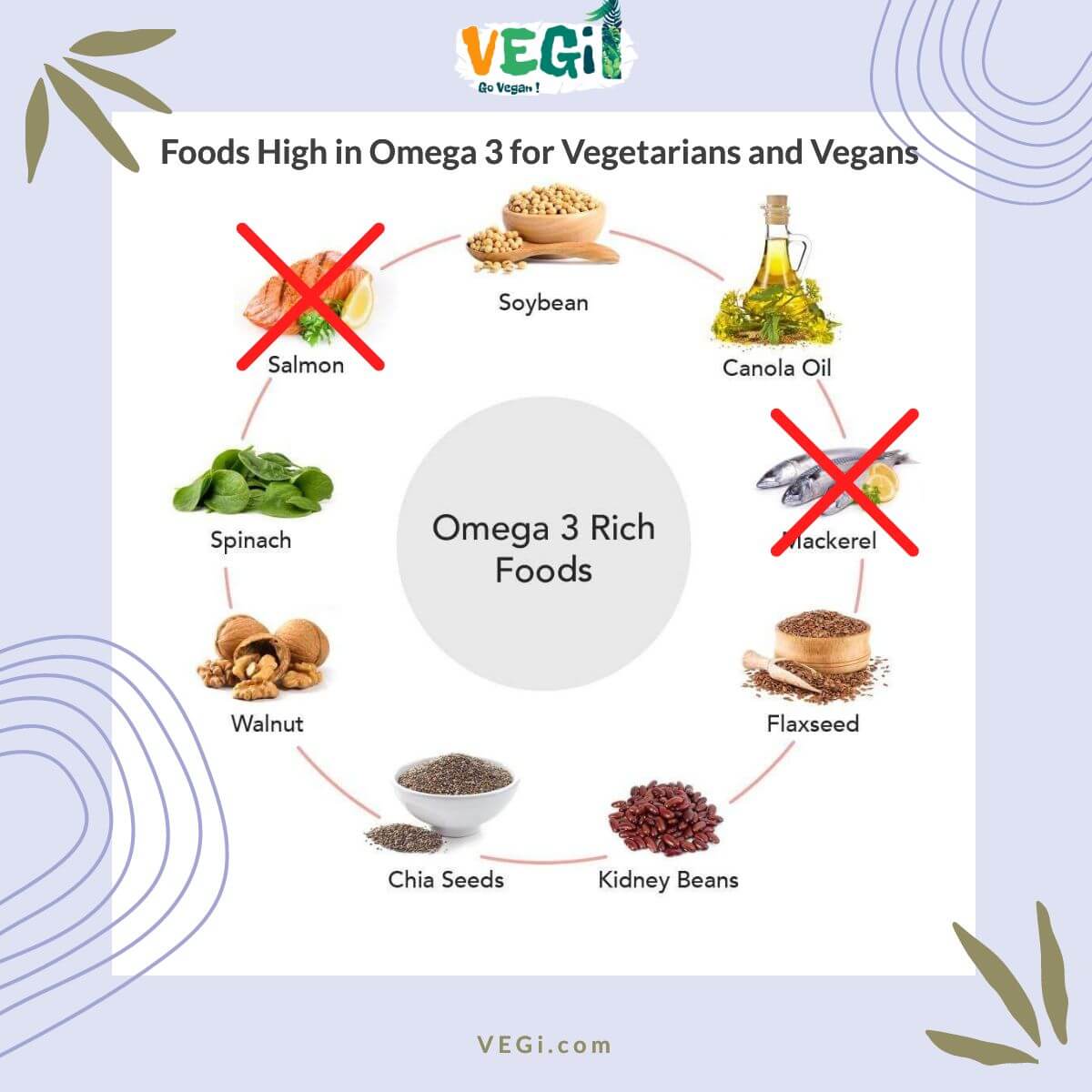
Create your own vegan source of omega-3s
Many foods have naturally occurring omega-3 fatty acids in them, but they’re not always present in sufficient amounts.
To get more of these nutrients, you can extract them from fat-rich foods such as avocados, olives or buy them as a supplement. You can also grow your own algae foods that are high in DHA and EPA, the two main omega-3 fatty acids, which can be consumed as a vegan source of omega-3 fats. The best way to create your own vegan omega-3 source is to follow a recipe that uses healthy fats, such as avocado in it. Look up recipes online or in a vegan nutrition book.
You can also extract the fats from oils yourself. In order to do this, first buy unrefined oils such as olive, macadamia, or hemp oil. Then, follow these steps: – Cold-press the oil to remove any remaining impurities in the oil. – To separate the triglycerides, place a layer of oil on a paper towel and set it in the sun for a few days. This will turn the oil into an oil rich in omega-3 fatty acids. – Place the separated oil back in the bottle and add water to the bottle so that the triglycerides float to the top. Gently separate the triglycerides with a spoon and consume the omega-3 rich oil.
Can’t get enough: What you need to know about omega-3s and vegan daiet
Omega-3s are a popular nutrient. But it’s important to understand how beneficial they are and where you can find them in the vegan diet. You can get omega-3s from certain nuts. They may also be found in walnuts, flax seeds, canola oil, dark green vegetables, and soybeans. Nuts and seeds that are high in omega-3s are the only plant foods that are high in both fats and protein, which can help you get more nutrients from each bite.
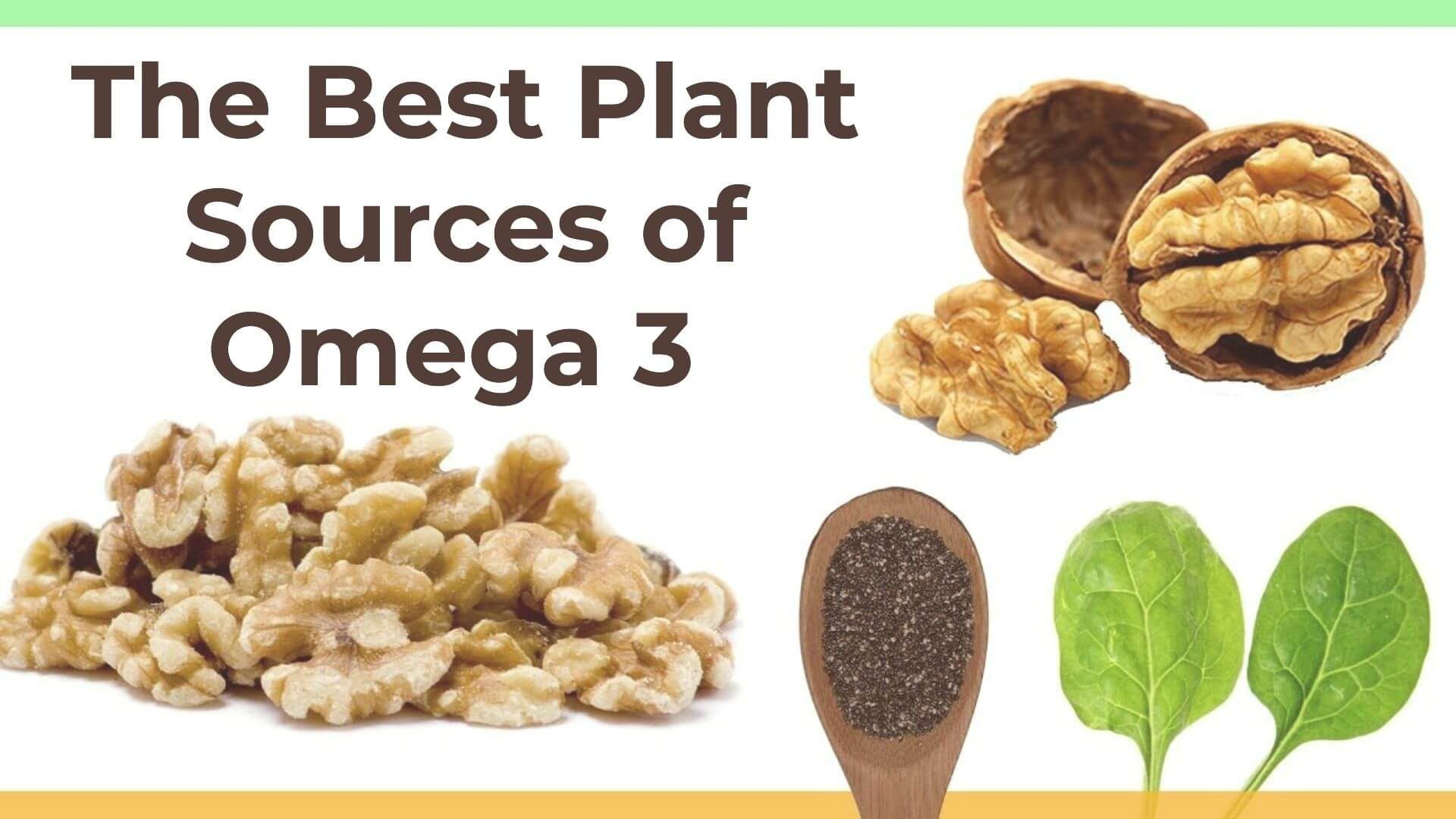
Get more iron from iron-fortified vegan food and supplements
Iron is an important mineral that helps your body convert foods into fuel for cells. It’s found in both vegetarians and vegans. The main problem for many vegetarians and vegans is that their diets often don’t contain enough iron. For example, a vegetarian diet that doesn’t include enough iron-rich foods is unlikely to meet the recommended daily intake. You can get more iron from a variety of foods without worrying about side effects from excess amounts of iron. Iron supplements are available, but they’re often expensive and have to be taken regularly. You can get more iron from vegan sources such as fortified breakfast cereals, legumes, tofu, and iron-fortified plant-based milks.
I suggest you read Sara’s full article on vegan and plant sources of iron : How Vegan Get Iron?
Don’t forget B12!
Vegans don’t get vitamins B12 from food sources, so they need to be taken as a supplement. B12 is a vital nutrient that is often low in vegans, especially those who don’t eat animal-based foods. B12 deficiency has been linked to reduced cognitive function and anemia in older adults, so it’s important to include this vitamin in the diet. B12 is available as a supplement and is found in fortified vegan foods such as some fortified milks and vitamin-enriched nutritional yeast.
It is better to read Sara’s article about sources of vitamin B12 for vegans : What Foods Are High in B12 Vitamin For Vegetarians and Vegans
B vitamins for vegetarians and vegans
B vitamins are vital for energy metabolism and are usually low in vegetarians and vegans who consume a low-carbohydrate diet. B6, B9, and B12 are usually found in food sources, but B3 is commonly lacking in vegans who consume a low-carbohydrate diet. You can get all three forms of B3 by consuming a variety of fortified vegan foods, including nutritional yeast, flax seeds, nuts, and bananas. You can also take a B3 supplement.
Summing up
Omega3 are found in Seeds, nuts and vegetables and are critical to maintaining good health.
Omega-3s are nutrients related to heart and brain health, as well as skin and eye health. They can be found in fish, nuts, and certain vegetables, but are best sourced from vegan sources such as algae or supplements. These vitamins are vital for energy metabolism and are usually low in vegetarians and vegans who consume a low-carbohydrate diet. B12 is usually found in food sources, but B3 is commonly lacking in vegans who consume a low-carbohydrate diet.
You can get more of them from vegan sources, such as fortified milks, dark green vegetables, and flax seeds and walnuts. You can also grow algae at home as a vegan source of omega-3 fats.
FAQ
Why Is Omega 3 Important ?
Omega-3 fatty acids are important because they are essential for good health. Omega-3 fatty acids help to prevent heart disease, cancer, and other diseases.
Tips for Cooking with Hemp Seed Oil
– Use a low heat setting to avoid burning the oil.
– Use a non-stick cooking spray to prevent sticking.
– Use caution when stirring the oil as it can be hot.
– Use hemp seed oil as a substitute for other oils when cooking.


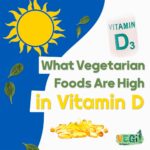

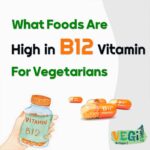
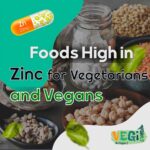
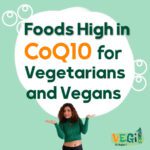
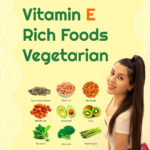
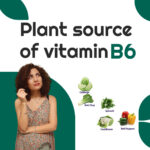
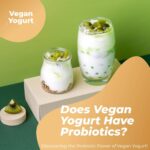

Marvelous, what a weblog it is! This website presents useful facts
to us, keep it up.